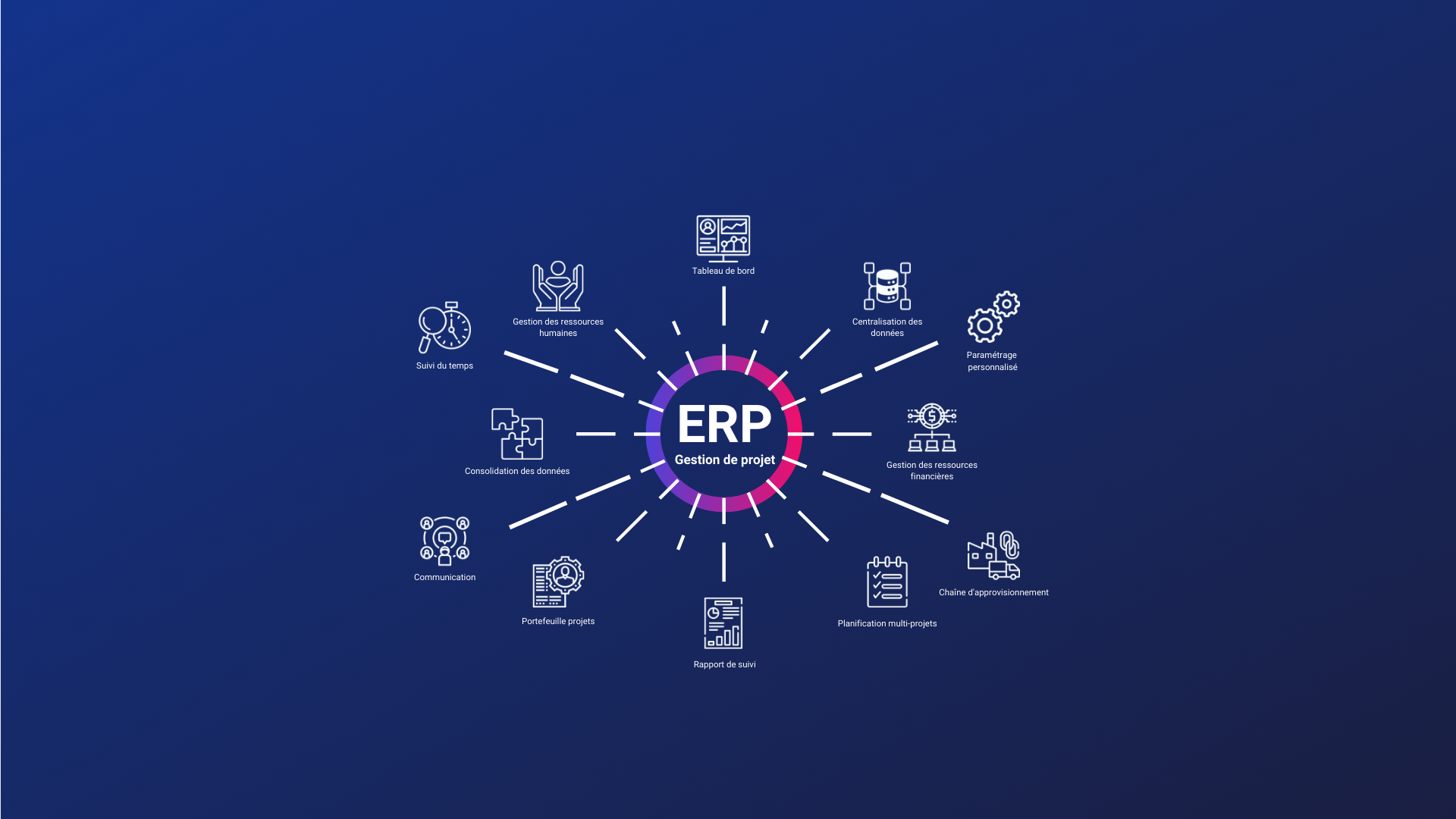In today’s increasingly competitive business landscape, enterprises are faced with the challenge of staying ahead of the curve. One area where this is particularly evident is in enterprise resource planning (ERP) dynamics. ERP systems play a critical role in managing a company’s resources, streamlining processes, and improving overall efficiency. However, traditional ERP systems are no longer sufficient for future-proofing your enterprise.
The rapid pace of technological advancements and changes in consumer behavior have brought about new challenges that require innovative strategies to overcome. To future-proof your enterprise and ensure long-term success, it’s crucial to adopt these key strategies:
1) Embrace Cloud-based Starter ERP Solutions: Traditional on-premise ERP systems can hinder agility and scalability. Cloud-based ERP solutions offer flexibility, accessibility, and cost-effectiveness. By leveraging cloud technology, you can easily scale up or down based on business needs while ensuring seamless integration across departments.
2) Focus on Data Analytics: Data is undeniably the driving force behind informed decision-making in the digital era. Modern ERP systems equipped with advanced analytics tools can provide valuable insights into customer behaviors, market trends, and operational inefficiencies. Leveraging this data empowers you to make data-driven decisions that lead to enhanced performance and improved customer experiences.
3) Prioritize Mobility: In today’s mobile-first world, employees expect remote access to essential business functions anytime, anywhere. Incorporating mobile capabilities into your ERP system allows for real-time collaboration between teams regardless of their physical location. This enhances productivity as well as enables faster response times to evolving market demands.
4) Implement AI-Powered Automation: Artificial intelligence (AI)-powered automation has revolutionized various industries by enabling businesses to streamline their operations significantly while reducing costs associated with labor-intensive tasks. From automating routine processes like data entry to chatbots that improve customer service interactions – AI has become indispensable in optimizing efficiency.
5) Integrate IoT Technology: The Internet of Things (IoT) has transformed the way businesses operate by connecting devices and sensors to collect real-time data. Integrating IoT with your ERP system allows for seamless communication between various departments, enabling better inventory management, predictive maintenance, and improved supply chain transparency.
6) Ensure Robust Security Measures: With an ever-increasing threat of cyber-attacks, securing your enterprise’s data must be a top priority. Investing in robust data encryption protocols and continuously monitoring for vulnerabilities helps protect critical business information from unauthorized access.
By incorporating these strategies into your ERP dynamics, you can future-proof your enterprise against evolving market challenges. This not only enhances operational efficiency but also positions your business as an innovative industry leader ready to adapt to changing customer needs.
In summary, traditional ERP systems are no longer sufficient to meet the demands of today’s fast-paced business environment. Embracing cloud-based solutions, focusing on data analytics, prioritizing mobility, implementing AI-powered automation, integrating IoT technology, and ensuring robust security measures are crucial steps in future-proofing your enterprise. By staying ahead of technological advancements and consumer behavior changes through these strategies, you can position your enterprise for long-term success amidst a rapidly evolving digital landscape.



